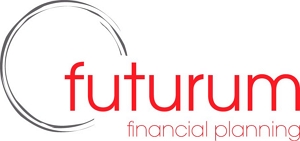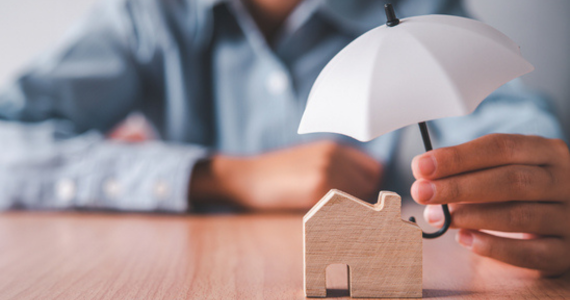It’s easy to walk into debt, but so much harder to get out of it. You must own your mess and know that your financial reason for living is to pay down your debt, writes Glen James author of Sort Your Money Out & Get Invested.
Apathy and debt reduction don’t go hand in hand. You know exactly what your sacrifice will be — and there will need to be some sacrifice.
Not only do you first need to be living on less than you earn, you also need to have a surplus to pay down debt. It isn’t going to be easy and you know it.
Here are some extremely practical steps to help you win the ‘cleaning your debt’ battle.
Remember, this is not forever. The deeper you sacrifice now, the sooner you will be debt free and able to get on with life.

Try these six steps to rid yourself of debt
1. Focus and determination
One way of focusing on paying down debt is to have a goal that’s greater than the debt itself.
A useful goal is to add up all your debt and the total monthly repayments and do a basic calculation to work out how many months it will take to clear your debt. Your challenge is to try to halve that time period.
2. Reward yourself
As we want to throw everything at your debt-clearing campaign, you should think of some things you’d like to do — either financial or non-financial — after you pay off each debt. And you should also celebrate once you’re completely out of debt.
Use a blank piece of paper to write down a few reward goals.
3. Pull a budget lever
There are four levers you can pull on a budget to make changes so that you have more money to throw at your debt.
-
Increase your income with a pay rise or a second job.
-
Decrease your savings, because you really should not be saving while you’re trying to get out of debt.
-
Reduce your costs by reviewing the categories in your budget. Do you need a personal trainer and a gym membership?
-
Or you can cut something out completely.
Sticking with the health and fitness examples, you may choose to cut this category out completely while you attack your debt. This could be ditching the gym and personal trainer and deciding to just go for a jog to keep fit, or buy some weights for the back deck.
4. Gumtree
What crap (I mean, ‘valuable items to others’) do you have lying around that you could move out of your life?
If it hasn’t been used in 18 months and it isn’t a family heirloom, sell it and put the money towards paying down debt. You can always buy more crap later when you’re out of debt.
And think about how great you’ll feel after de-cluttering and getting your house and garage in order, to reflect the fact you’re getting your financial life in order.
5. Existing savings
If you’re in consumer debt on one hand and on the other hand have cash savings, it’s probably because you don’t have a solid money system in place, and/or you’re conflicted and have a mash-up of logic and emotions in your mind.
That’s okay. It can be scary. Start by deciding that you are no longer saving any more money and instead, each pay allocate your savings money towards your debt.
6. Side hustles
Side hustling is when you work on the side to your regular or main job and ‘hustle’ to make additional money or to advance your career.
I am not a fan of pursuing a side hustle for the sake of it. I believe there are a few specific reasons you should do a side hustle.
A side hustle can earn you extra money to get you out of debt and to save for a short-term goal. If a side hustle grows exponentially, you have an opportunity to quit your main job and pursue your own business 100 per cent of the time. You can also allocate your side hustle income to investments.
It is important to understand that if you’re doing a side hustle to pay for food, rent and other day-to-day expenses, it’s really just a second job.
This could be a sign that your expenses are higher than your income, which means you may need to consider reducing your expenses or that you’re being underpaid.
You are now able to start cleaning up your mess. In fact, you can tell people your side hustle is ‘debt cleaner’.
This is an edited extract from Sort Your Money Out & Get Invested (Wiley, $32.95), available now where all good books are sold.
Source: Flying Solo January 2022
This article by Glen James is reproduced with the permission of Flying Solo – Australia’s micro business community. Find out more and join over 100K others https://www.flyingsolo.com.au/join.

Important:
This provides general information and hasn’t taken your circumstances into account. It’s important to consider your particular circumstances before deciding what’s right for you. Any information provided by the author detailed above is separate and external to our business and our Licensee. Neither our business, nor our Licensee take any responsibility for any action or any service provided by the author. Any links have been provided with permission for information purposes only and will take you to external websites, which are not connected to our company in any way. Note: Our company does not endorse and is not responsible for the accuracy of the contents/information contained within the linked site(s) ac www.flyingsolo.com.au > Logo file is here: https://bit.ly/flying-solo-logo


